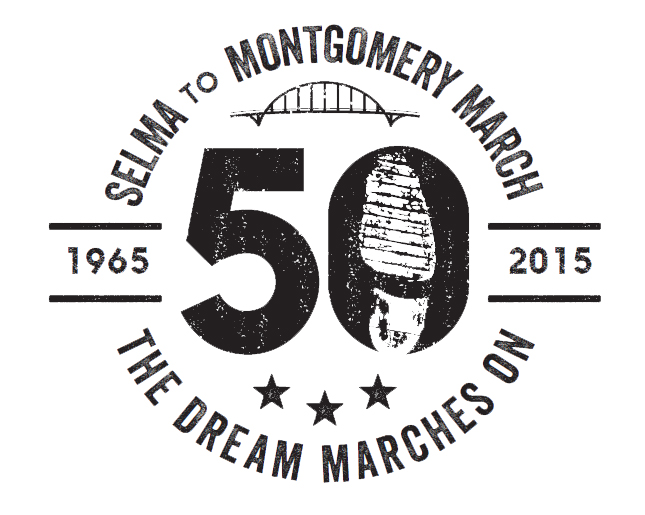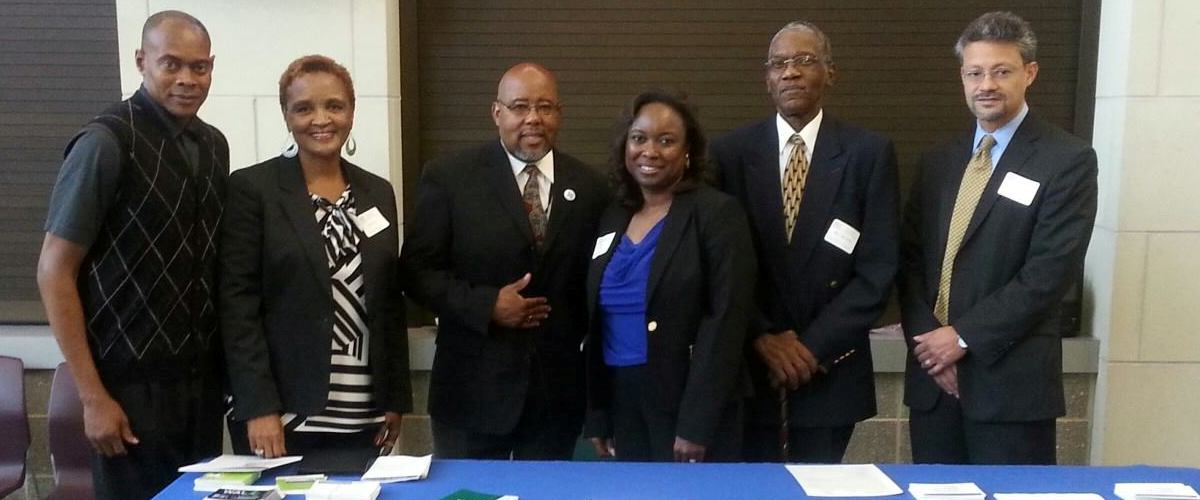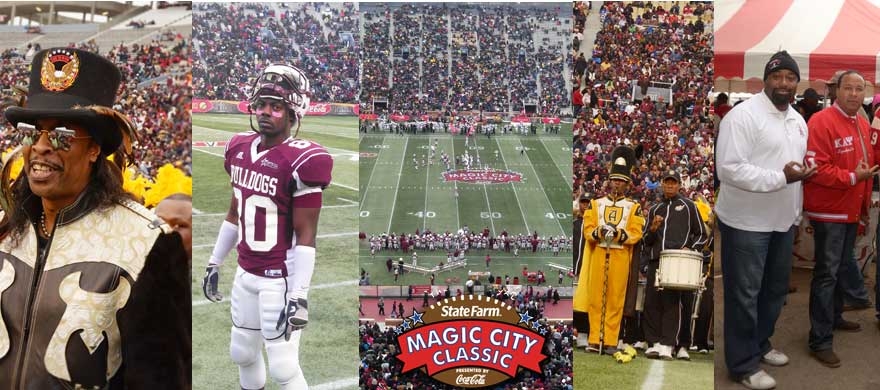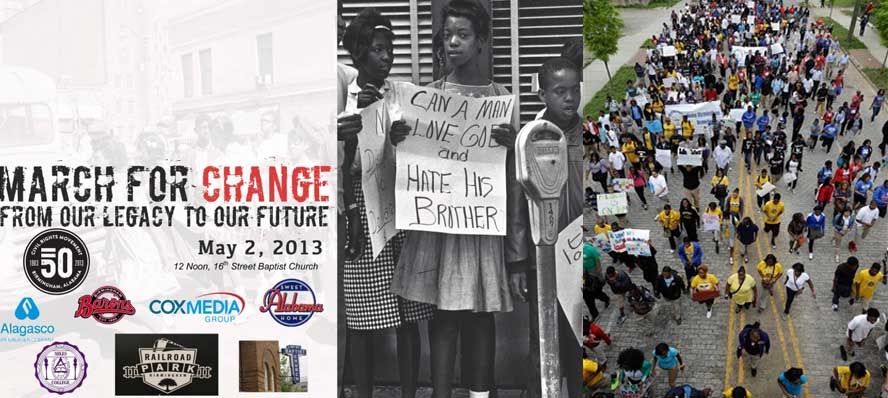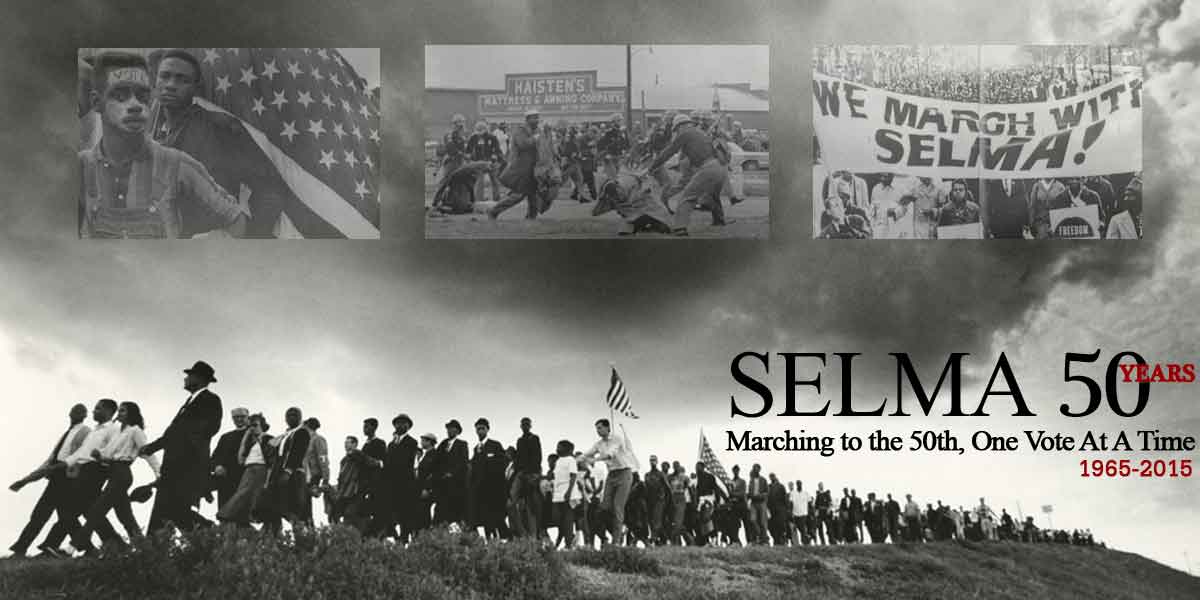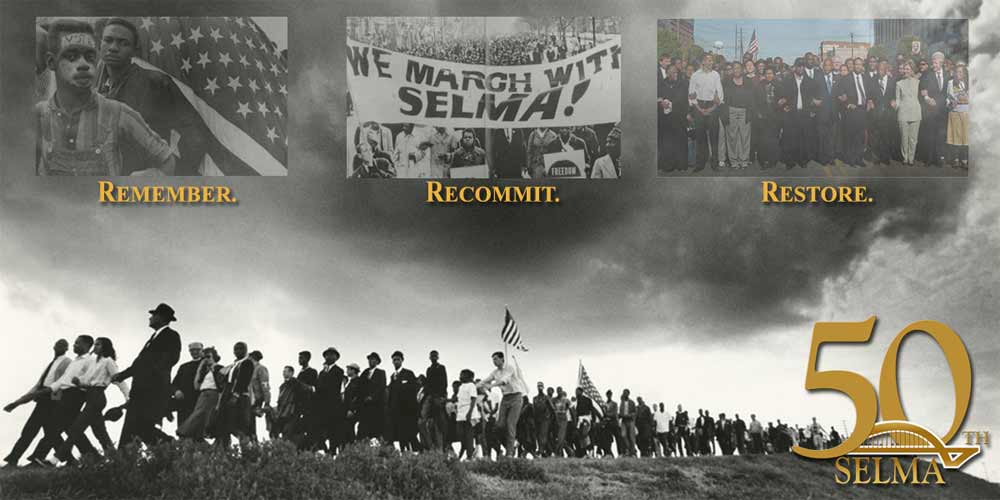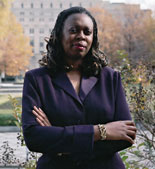 Have you heard Birmingham’s urban myth? It goes something like this: A little more than 40 years ago, Delta Air Lines officials considered making Birmingham a hub city from which they would coordinate flights to cities across the nation and the world. Picking Birmingham, the most central Southeastern city, seemed logical. But leaders then liked Birmingham the way it was: relatively quiet, tight-knit, and of course, rigidly segregated. A major airline could bring too many unwanted changes. That line of thought (it’s been said), as well as other political and economic factors, played into Delta’s decision to scratch the Magic City off its list.
Have you heard Birmingham’s urban myth? It goes something like this: A little more than 40 years ago, Delta Air Lines officials considered making Birmingham a hub city from which they would coordinate flights to cities across the nation and the world. Picking Birmingham, the most central Southeastern city, seemed logical. But leaders then liked Birmingham the way it was: relatively quiet, tight-knit, and of course, rigidly segregated. A major airline could bring too many unwanted changes. That line of thought (it’s been said), as well as other political and economic factors, played into Delta’s decision to scratch the Magic City off its list.
Eventually, Delta officials settled on Atlanta. Back then, it was a sister city about the same size as Birmingham. Atlanta’s longtime, visionary Mayor William B. Hartsfield laid the groundwork for Delta to stay put in that city’s airport. The rest, as they say, is history (though details of what actually happened are debatable). Forty years later, Atlanta, home to one of the world’s busiest airplane hubs, is the Southeast’s only booming metropolis.
Some people here joke that “Atlanta is the city Birmingham built.” Some of us want Atlanta amenities, but we don’t want to pay for them. We certainly don’t want the congestion and other headaches of a major metropolis, but we want the benefits. Our city struggles with an identity crisis; we don’t know what we want Birmingham to be when it grows up.
A new generation of Birmingham leaders in the private and public sectors now occupy seats of power and influence. Many of them are tired of Birmingham’s status quo, a legacy left by the sins of the fathers. They want to bring about positive changes. But just what they can do, and how, is still unclear.
The situation isn’t hopeless. Other cities in the nation, also struggling with inner-city woes, have already started turning around some of their most economically distressed areas. They have government, citizen and corporate leadership that encourage cooperation from a regional perspective. The same principles are at work here. Government, citizen and corporate leaders are developing plans they believe can transform our relatively sleepy town into the Birmingham of the Future. In this issue, we will highlight some of their key efforts to chart a new course for Birmingham.
If their efforts effectively grease the skids for urban revitalization, then maybe the Magic City – and our region – can become known for its political and economic progressiveness, its major medical research institutions, its liveable neighborhoods, and its rolling hills and mild weather, as well as its Civil Rights legacy.![]()


